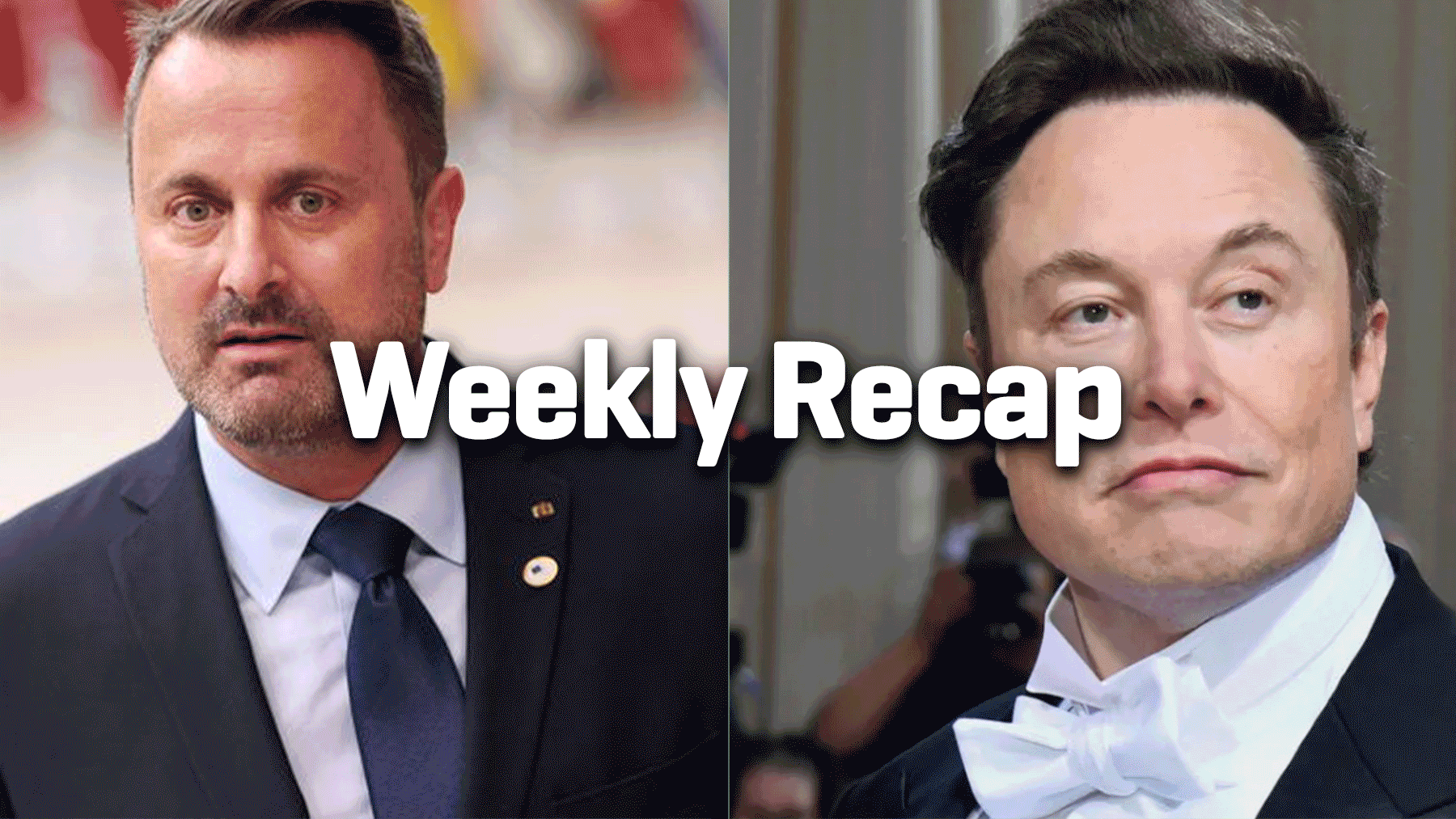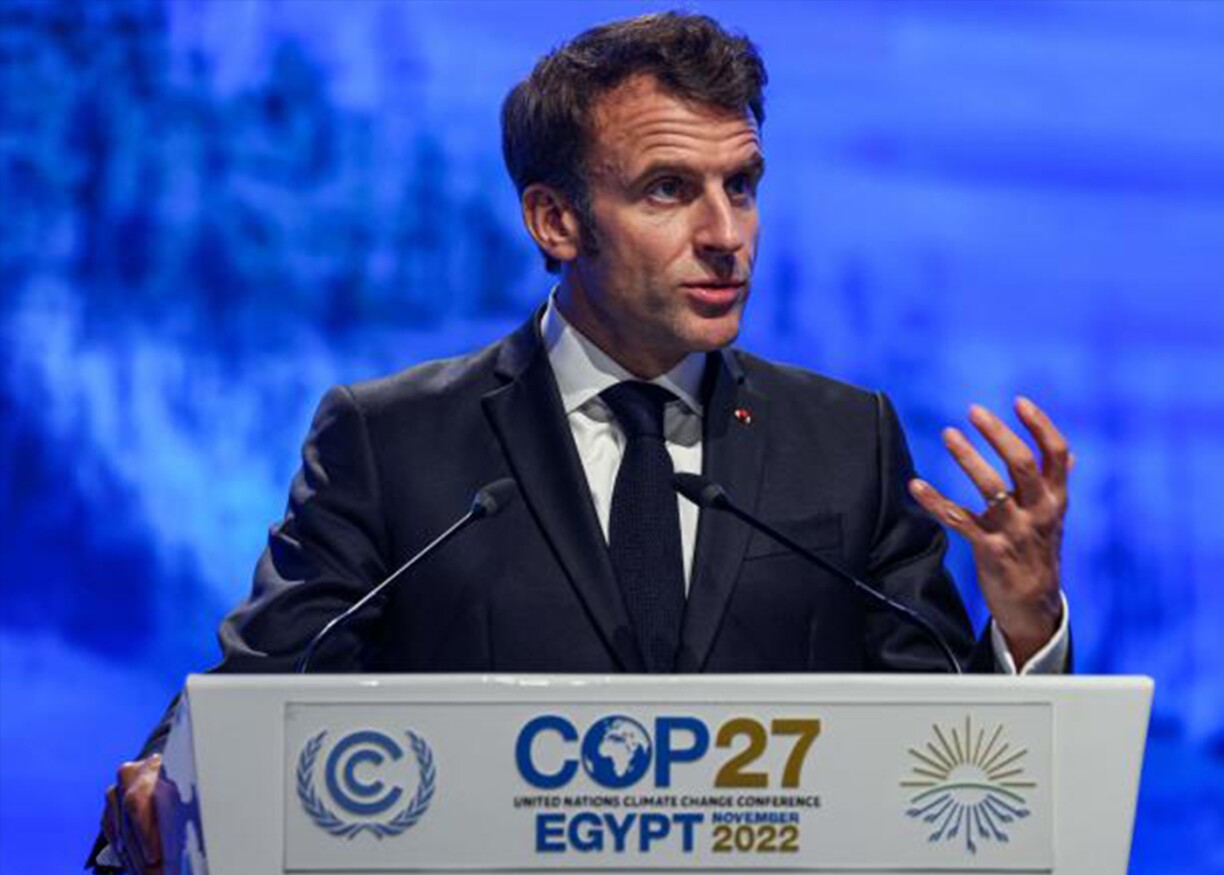
Eurostat’s latest projections show the EU’s overall population will fall by 30.8 million people by 2100.
The number of people over 80 is projected to rise by 14%
Luxembourg’s population will grow by 27% to reach 781,000 people. The median age will shift from just under 40 to just under 50.
Who will pay for your pension? By 2100 there will be fewer than two persons of working-age for each elderly person in the EU. The pension age could be raised.
Net migration will be the main contributor to population growth for Luxembourg, Malta, Cyprus and other countries expected to keep growing.
8 billion people in the world: The world’s population is expected to cross 8 billion people next week on November 15.
*Graph: population projections for 2013 and 2017 were for 2080.

Claude Wiseler said the country’s foreign policies over the past 20 years have been like a “blind flight without a pilot, plan, or direction”.
One of the major points of criticism by the CSV was condemning Israel for violating women’s rights.
Asselborn highlighted the situation of Palestinian women in need of help.
When and where did this all happen? At a heated parliamentary session, after Luxembourg’s Foreign Minister (and Minister for European Affairs) Jean Asselborn presented his statement on foreign policy.
How Asselborn had ended his speech: “Russian President Vladimir Putin’s brutal war in Ukraine has shaken the world and restored the will to defend uncompromising democracy”
Also in the Chamber this week: the idea of increasing parental leave from 6 to 9 months was discussed, with Minister Corinne Cahen (DP) asking the Chamber how they would imagine financing it, yet suggesting that a more flexible parental leave could be explored.
A hint of a strategy from the CSV ahead of the double election year in 2023: Elisabeth Margue said she believes that the CSV will only put together its lists for the legislative elections after the municipal elections to be able to evaluate how various candidates perform in the local elections.

Republicans look set to take the House of Representatives but control of the Senate is still too close to call.
The shape of the next Congress may not be clear until next week or beyond.
President Biden said he plans to run for re-election in 2024 but will make a final decision next year.
Senate control on hold: The race in Georgia will not be decided until a run-off election on 6 December.
“A nation divided deeply over abortion, economics, crime and the shape of representative democracy will have a Congress that reflects those divisions” wrote Jonathan Weisman in the New York Times.

At the U.N. climate summit several European leaders announced new funds to compensate poorer nations that suffer from climate disasters.
The US, one of the world’s largest emitters was absent from the discussions on loss and damage. Instead, the Biden administration announced a carbon offset plan.
Luxembourg committed €220 million for the next four years to help the countries most affected by climate change.
Fractured relations between the United States and China have cast doubt on whether Beijing will sign up to more climate promises, with pressure mounting on the world’s biggest emitter.

Meta (ex. Facebook) announced it will lay off 11,000 employees
Twitter fired roughly 50% of its staff, after Elon Musk’s takeover.
All across the tech sector there have been firings and hiring freezes.
Luxembourg-based Amazon has also stopped hiring: “We anticipate keeping this pause in place for the next few months, and will continue to monitor what we’re seeing in the economy and the business to adjust as we think makes sense,” wrote Beth Galetti, senior VP of People Experience and Technology in a note to employees.
Apple too, reportedly instituted a hiring freeze of its own in all areas except research and development. Covid lockdowns in China are hurting production of the iPhone 14. Apple stock is down about 25% so far this year.
Before he was fired: “Our industry is in a very challenging macro environment -- right now,” ex Twitter CEO Parag Agrawal had tweeted earlier this year.
Also: Luxembourg-based tech companies like Amazon could see their cost of operating in Luxembourg increase further next year, as up to 3 wage indexations are projected.
China’s exports shrank in October, the first such decline since mid-2020 as a domestic slowdown and the threat of global recession hit international trade.
PM Xavier Bettel denounced homophobic comments ahead of the World Cup in Qatar.

Your Weekly Recap is published every Friday at noon. Read earlier versions.
What did you think? What would you like the Weekly Recap to include? Let me know: christos.floros@rtl.lu
Christos Floros covers News and Politics for RTL Today @christosfloros